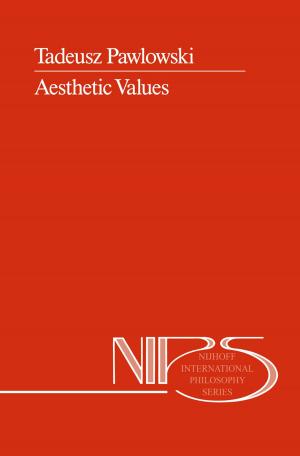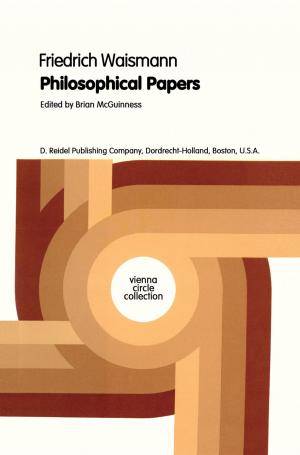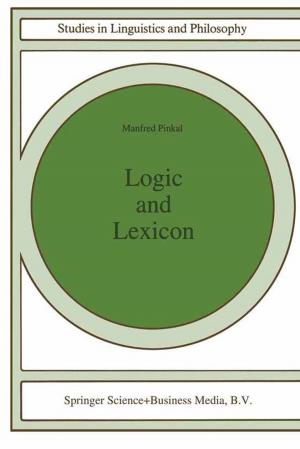| Author: | Edward Dvoretzky | ISBN: | 9789401509497 |
| Publisher: | Springer Netherlands | Publication: | December 6, 2012 |
| Imprint: | Springer | Language: | English |
| Author: | Edward Dvoretzky |
| ISBN: | 9789401509497 |
| Publisher: | Springer Netherlands |
| Publication: | December 6, 2012 |
| Imprint: | Springer |
| Language: | English |
The purpose of this study is to report the reactions and criticism of those German, Swiss, and Austrian authors who commented on Les sing's Emilia Galotti from the time of its creation to the twentieth century and to note the various degrees to which it influenced writers of different personal and literary bent. It will be seen that the repre sentatives of a given literary trend, although regarding the play primarily in the light of their own ideals, were not necessarily in accord with one another over certain of its aspects. Emilia Galotti is especially suited to this kind of investigation because it took form in an age when interest in principles of dramatic composition was particularly intense, and because it was written by a figure who was perhaps most influential in the discussions centering on them. Emilia Galotti further lends itself to this study because, despite the fact that it has remained an extremely enigmatic work, it was and continues to be a highly popular play, having been. translated into at least twelve foreign languages and having also had an overture written in its honor.
The purpose of this study is to report the reactions and criticism of those German, Swiss, and Austrian authors who commented on Les sing's Emilia Galotti from the time of its creation to the twentieth century and to note the various degrees to which it influenced writers of different personal and literary bent. It will be seen that the repre sentatives of a given literary trend, although regarding the play primarily in the light of their own ideals, were not necessarily in accord with one another over certain of its aspects. Emilia Galotti is especially suited to this kind of investigation because it took form in an age when interest in principles of dramatic composition was particularly intense, and because it was written by a figure who was perhaps most influential in the discussions centering on them. Emilia Galotti further lends itself to this study because, despite the fact that it has remained an extremely enigmatic work, it was and continues to be a highly popular play, having been. translated into at least twelve foreign languages and having also had an overture written in its honor.















